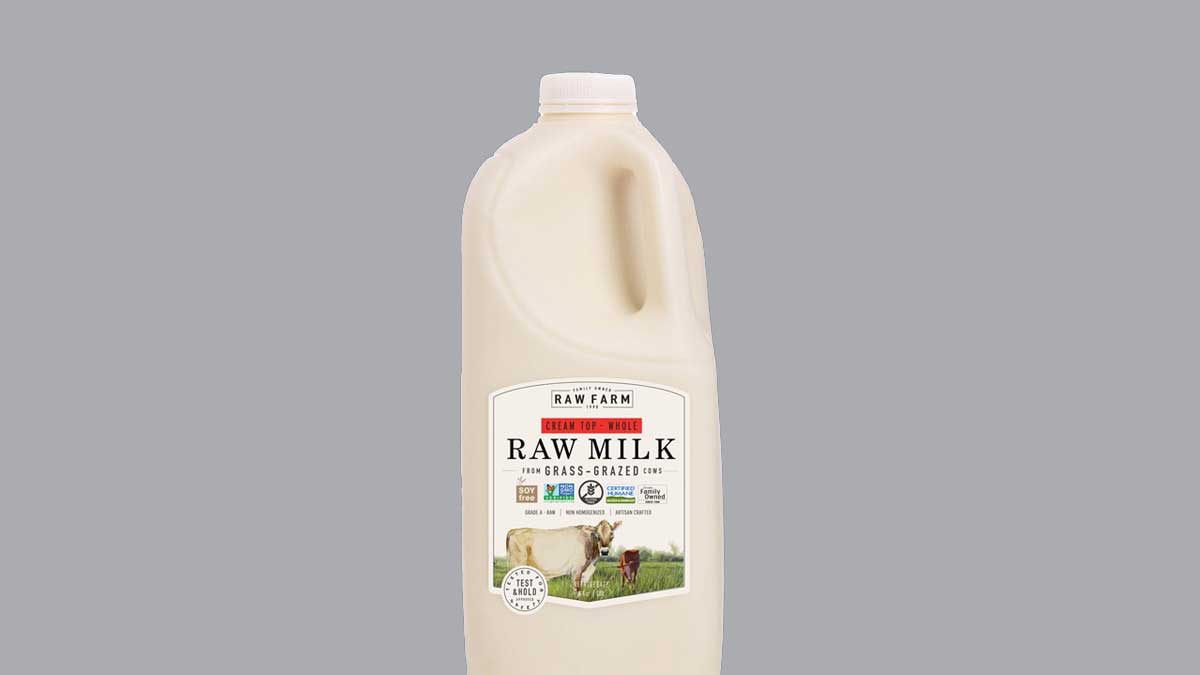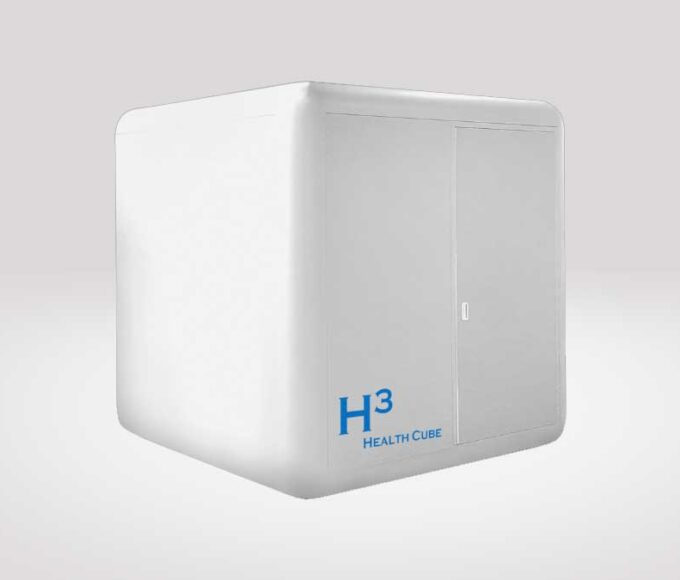- Home
- Billionaires
- Investing Newsletters
- 193CC 1000
- Article Layout 2
- Article Layout 3
- Article Layout 4
- Article Layout 5
- Article Layout 6
- Article Layout 7
- Article Layout 8
- Article Layout 9
- Article Layout 10
- Article Layout 11
- Article Layout 12
- Article Layout 13
- Article Layout 14
- Article Sidebar
- Post Format
- pages
- Archive Layouts
- Post Gallery
- Post Video Background
- Post Review
- Sponsored Post
- Leadership
- Business
- Money
- Small Business
- Innovation
- Shop
Recent Posts
Bird Flu Found in Raw Milk in California, Recall Issued

California health authorities have confirmed the presence of the bird flu virus in a batch of raw milk sold at retail stores throughout the state. This discovery has led to a voluntary recall initiated by the dairy farm involved, as state officials once again emphasized the risks of consuming unpasteurized milk. Raw milk has been a subject of increasing debate, with some social media influencers and right-wing figures, including Robert F. Kennedy Jr., advocating for its potential health benefits.
According to the California Department of Public Health (CDPH), the bird flu virus was found in a batch of cream-top, whole raw milk produced by Raw Farm, a Fresno-based dairy. The milk was sold across California and is now subject to a recall at the request of state authorities. The virus was detected in milk samples collected by the Santa Clara Public Health Laboratory, which is part of the state’s second line of consumer protection against unsafe food products. This laboratory routinely tests raw milk from retail shelves as a precautionary measure.
To date, there have been no reported illnesses linked to the affected batch of milk. However, state health officials are taking proactive measures to prevent potential risks, urging consumers to avoid consuming any remaining milk from the affected batch. Authorities have also instructed retailers to immediately remove the product from store shelves to prevent further sales.
The California Department of Food and Agriculture (CDFA) has been closely monitoring raw milk for potential contamination, especially since bird flu was detected in dairy cattle in the state. Following the discovery of the virus in this batch of raw milk, the CDFA has increased its testing frequency, now conducting bird flu tests twice a week at Raw Farm’s locations. The CDFA’s efforts are part of an ongoing initiative to protect public health and prevent the spread of avian influenza through the state’s dairy supply chain.
The CDPH used this incident to reinforce the risks associated with consuming raw milk—milk that has not undergone pasteurization. Pasteurization is a process in which milk is heated to a specific temperature for a set amount of time to kill harmful bacteria, viruses, and pathogens without compromising the milk’s nutritional content. However, raw milk has been linked to outbreaks of various foodborne illnesses, including Salmonella, Listeria monocytogenes, toxin-producing E. coli, Brucella, and Campylobacter. These pathogens can cause severe illness, particularly in vulnerable populations such as young children, pregnant women, the elderly, and individuals with weakened immune systems.
Health experts have long warned against consuming raw milk due to the risks associated with unpasteurized dairy products. Despite these warnings, the practice of drinking raw milk has gained traction in certain circles, particularly among social media influencers and public figures who promote the idea that raw milk is more natural and beneficial for health. The CDPH reiterates that pasteurized milk and milk products are safe to consume and provide the same nutritional benefits without the associated risks of raw milk.
The promotion of raw milk has been bolstered by influential figures, including podcast host Joe Rogan and environmental activist Robert F. Kennedy Jr. Rogan, who has discussed raw milk on his show, has raised concerns about the health benefits of consuming unpasteurized dairy products. Similarly, Kennedy, the Health and Human Services Secretary nominee, has become a prominent advocate for raw milk, even stating that he exclusively drinks raw milk. Kennedy has criticized federal agencies, including the Food and Drug Administration (FDA), for their stance against raw milk, accusing them of waging a “war on public health” and suppressing information about the potential benefits of unpasteurized milk.
Kennedy’s position on raw milk aligns with broader views in some alternative health and libertarian circles that reject certain regulatory measures imposed by the government, including pasteurization standards. In a post on X (formerly Twitter), he threatened to fire FDA employees for their stance on raw milk and other health-related issues. However, public health experts and agencies like the CDC have repeatedly warned that the health risks of consuming raw milk far outweigh any unproven health benefits promoted by these figures.
The Centers for Disease Control and Prevention (CDC) has consistently emphasized the importance of pasteurization in preventing the spread of harmful pathogens. The CDC’s guidelines on preventing bird flu infection specifically caution against the consumption of raw milk, particularly from animals with confirmed or suspected avian influenza A virus infection. The CDC warns the public to avoid touching or consuming raw milk and raw milk products from such animals to prevent the spread of the disease. The CDC also notes that pasteurized milk offers the same nutritional benefits as raw milk but without the associated risks.
The incident in California is not the first time bird flu has been detected in milk or other dairy products. However, it highlights the broader public health concerns related to consuming raw dairy products. Bird flu, which primarily affects poultry, has occasionally spread to mammals, including dairy cows, raising concerns about the potential transmission of the virus through dairy products. In this case, while there have been no reported human infections from the affected milk, the situation underscores the need for continued vigilance and stringent testing to ensure the safety of the food supply.
In the broader context of the bird flu epidemic in the United States, the CDC reports that there have been 55 confirmed cases of the H5 avian influenza virus in humans. Fortunately, no cases of person-to-person transmission have been reported. While the risk of human infection remains low, public health officials continue to monitor the situation closely and advise the public to take precautions, including avoiding raw milk and raw milk products.
As California health officials continue their investigation, this latest incident serves as a reminder of the potential risks associated with raw milk consumption. Despite the promotion of raw milk by certain public figures, the evidence from health agencies remains clear: pasteurization is the most effective way to ensure the safety of milk and prevent the spread of dangerous pathogens, including bird flu.
Recent Posts
Categories
- 193 Countries Consortium Partner1
- 193cc Digital Assets2
- 5G1
- Aerospace & Defense48
- AI37
- Arts3
- Banking & Insurance11
- Big Data3
- Billionaires1,506
- Boats & Planes1
- Business332
- Careers13
- Cars & Bikes79
- CEO Network1
- CFO Network17
- CHRO Network1
- CIO Network1
- Cloud10
- CMO Network18
- Commercial Real Estate7
- Consultant1
- Consumer Tech194
- CxO1
- Cybersecurity73
- Dining1
- Diversity, Equity & Inclusion4
- Education7
- Energy8
- Enterprise Tech29
- Events11
- Fintech1
- Food & Drink2
- Franchises1
- Freelance1
- Future Of Work2
- Games149
- GIG1
- Healthcare79
- Hollywood & Entertainment203
- Houses1
- India’s 1000 Richest1
- Innovation46
- Investing2
- Investing Newsletters4
- Leadership65
- Lifestyle11
- Manufacturing1
- Markets20
- Media327
- Mobile phone1
- Money13
- Personal Finance2
- Policy569
- Real Estate1
- Research6
- Retail1
- Retirement1
- Small Business1
- SportsMoney42
- Style & Beauty1
- Success Income1
- Taxes2
- Travel10
- Uncategorized15
- Vices1
- Watches & Jewelry2
- world's billionaires1,475
- Worlds Richest Self-Made Women2
Related Articles
Musk Endorses Mounjaro, Backs Affordable Weight-Loss Drugs
Elon Musk, the CEO of Tesla, made headlines on Christmas Day with...
By 193cc Agency CouncilDecember 27, 2024What Healthcare Can Learn from Nvidia’s Success
The tech industry is undergoing a seismic transformation, with two of its...
By 193cc Agency CouncilDecember 16, 2024Salmonella Triggers Recalls of Costco Eggs and Cucumbers
The recent salmonella outbreak has prompted the recall of two major food...
By 193cc Agency CouncilNovember 30, 2024UniDoc Health Launches Mobile ‘Health Cube’ for Remote Care
UniDoc Health, a Vancouver-based company, is revolutionizing healthcare accessibility with the launch...
By 193cc Agency CouncilNovember 23, 2024















Leave a comment